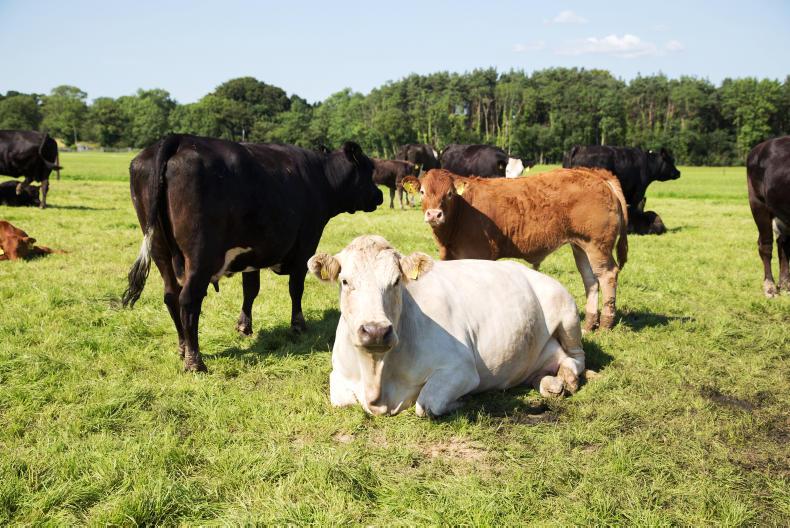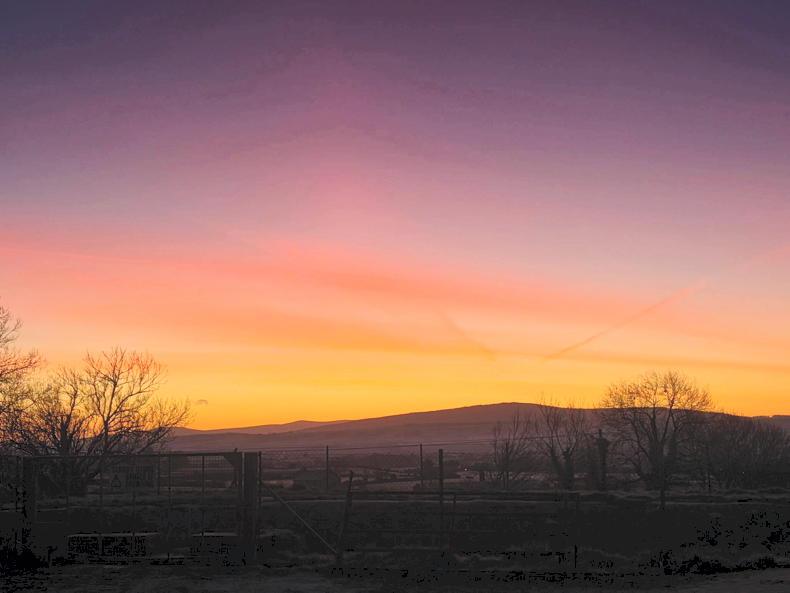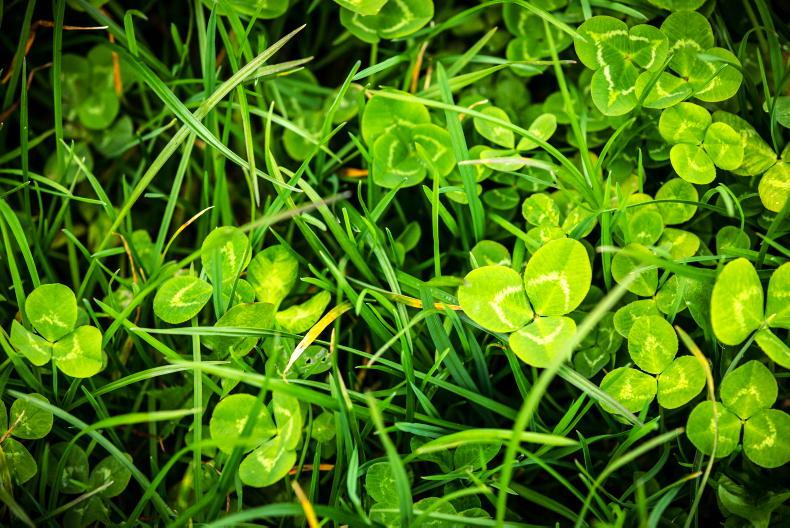Grass growth is still exceeding demand despite all the bad weather over the past seven days.
While the farm received significant rainfall it did not receive comparable levels to the west and northwest, where housing of cattle has taken place.
Cows are currently grazing in 24-hour blocks to prevent any poaching occurring.
Towards the end of last week in periods of very high rainfall, the cattle were moved after they had grazed the grass to approximately 6cm instead of the normal 4cm graze out.
Farm manager Ger O’Dwyer has also earmarked 1.4 acres to be taken out as bales towards the end of the week, weather permitting.
A half-bag of urea per acre was spread on over 40 acres last week to build covers for the autumn, with urea being selected because of the damp weather.
Scanning
Scanning is taking place on 31 August and all calves will also be weighed at the same time. Culls and empties will be separated and fed meal at grass, to get them closer to finish before housing.
Magnesium is currently being used in the water troughs, along with offering lick buckets to try to prevent any other incidents of grass tetany occurring.
One group of cows currently grazing lush reseeded pasture are also being fed hay to add some fibre to their diet.
Drainage
Drainage of five acres will take place towards the end of the week.
This soil is quite heavy in nature and is easily poached in some parts of the year, so the decision was taken to install several shore drains along the field. This field will then be ploughed and reseeded.
To date, approximately 85% of the farm has been reseeded. The 32 acres that were reseeded in early August recently received two bags of 0-7-30 per acre followed by one tonne of lime per acre to lift soil pH.
Grassland management
Farm cover: 964kg DM/ha.Growth: 66kg DM/ha/day.Demand/ha: 40kg DM/ha/day.Days ahead: 24.Fertiliser following grazing: UREA (half bag/acre). Read more
Be on red alert for grass tetany
Weanling series: decision time on creep feed
Grass growth is still exceeding demand despite all the bad weather over the past seven days.
While the farm received significant rainfall it did not receive comparable levels to the west and northwest, where housing of cattle has taken place.
Cows are currently grazing in 24-hour blocks to prevent any poaching occurring.
Towards the end of last week in periods of very high rainfall, the cattle were moved after they had grazed the grass to approximately 6cm instead of the normal 4cm graze out.
Farm manager Ger O’Dwyer has also earmarked 1.4 acres to be taken out as bales towards the end of the week, weather permitting.
A half-bag of urea per acre was spread on over 40 acres last week to build covers for the autumn, with urea being selected because of the damp weather.
Scanning
Scanning is taking place on 31 August and all calves will also be weighed at the same time. Culls and empties will be separated and fed meal at grass, to get them closer to finish before housing.
Magnesium is currently being used in the water troughs, along with offering lick buckets to try to prevent any other incidents of grass tetany occurring.
One group of cows currently grazing lush reseeded pasture are also being fed hay to add some fibre to their diet.
Drainage
Drainage of five acres will take place towards the end of the week.
This soil is quite heavy in nature and is easily poached in some parts of the year, so the decision was taken to install several shore drains along the field. This field will then be ploughed and reseeded.
To date, approximately 85% of the farm has been reseeded. The 32 acres that were reseeded in early August recently received two bags of 0-7-30 per acre followed by one tonne of lime per acre to lift soil pH.
Grassland management
Farm cover: 964kg DM/ha.Growth: 66kg DM/ha/day.Demand/ha: 40kg DM/ha/day.Days ahead: 24.Fertiliser following grazing: UREA (half bag/acre). Read more
Be on red alert for grass tetany
Weanling series: decision time on creep feed










SHARING OPTIONS